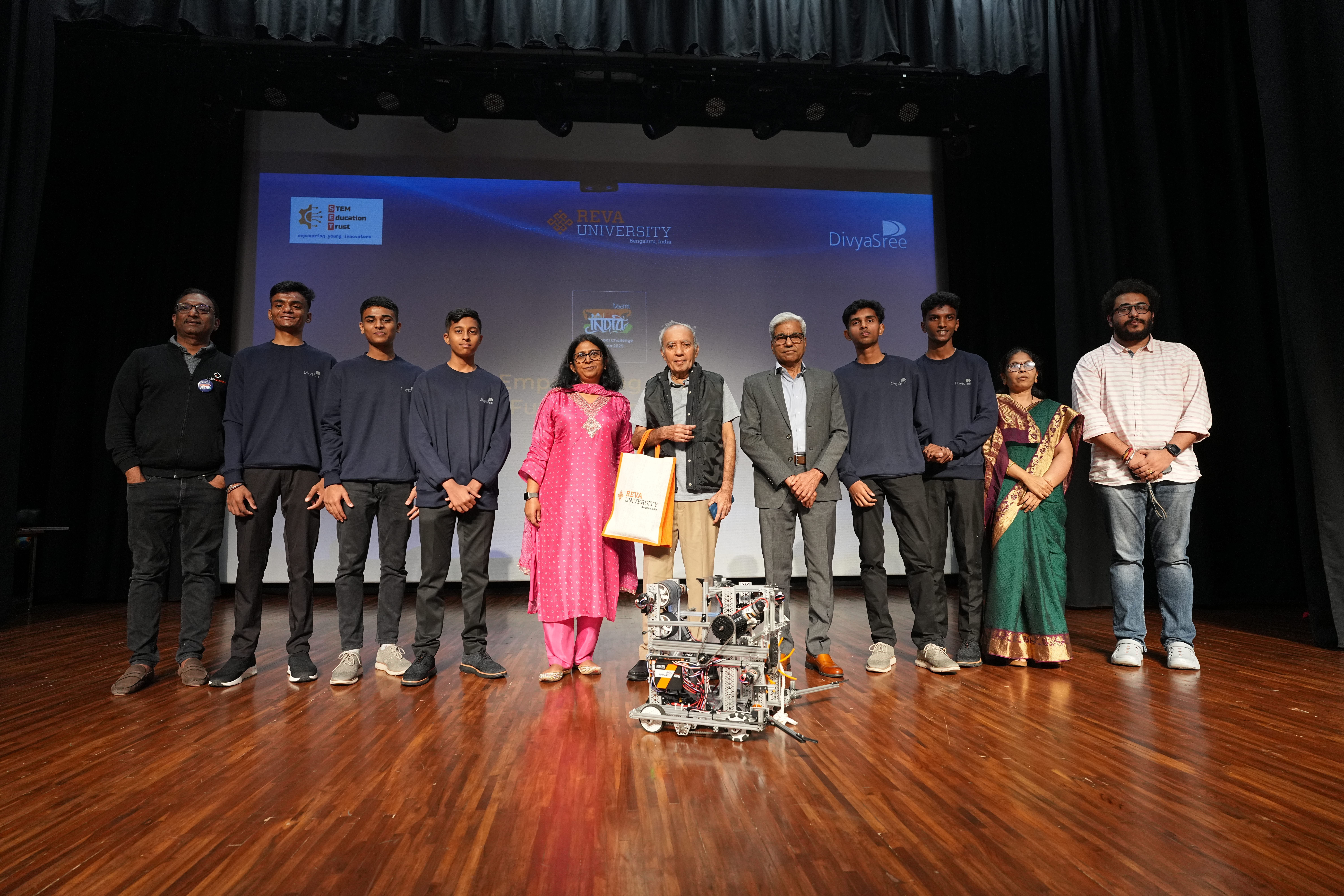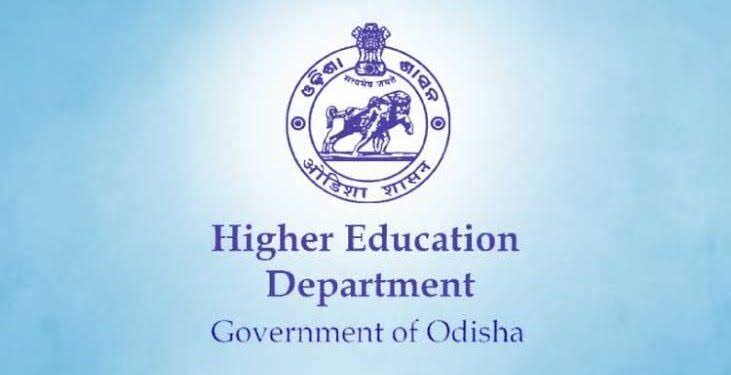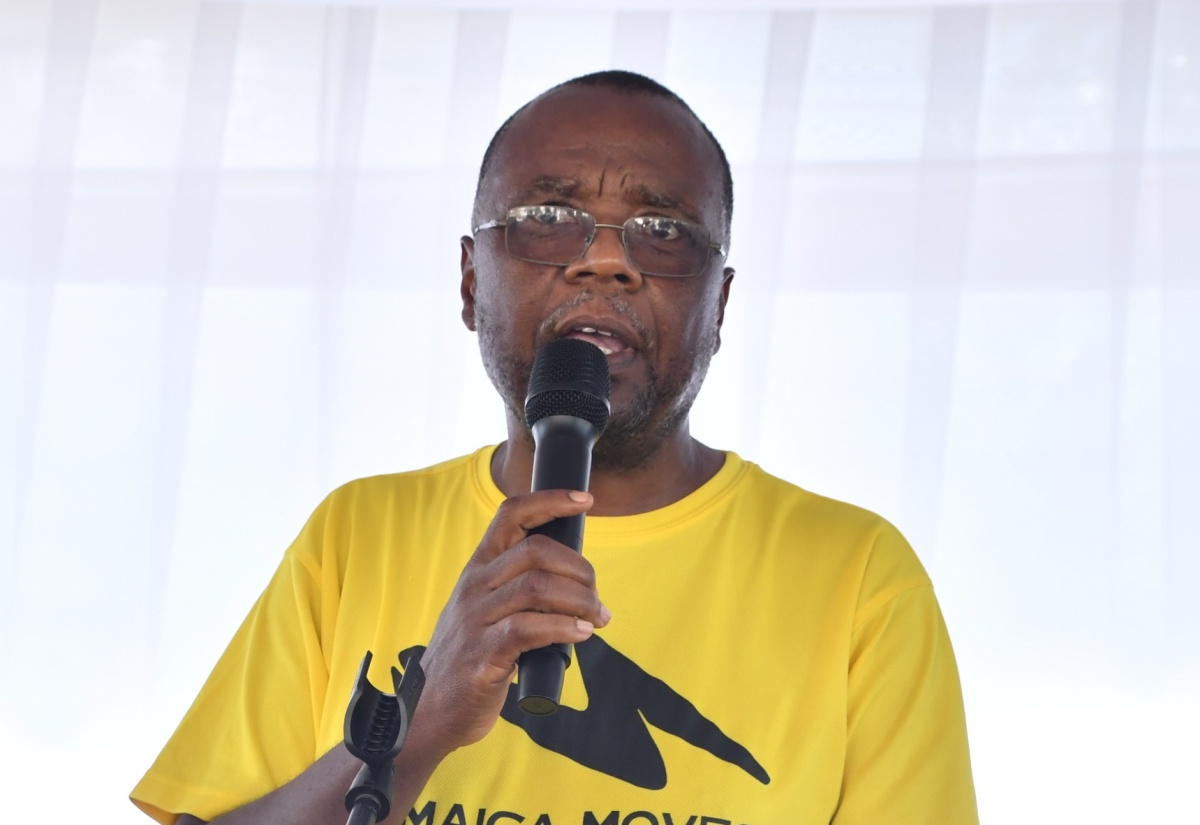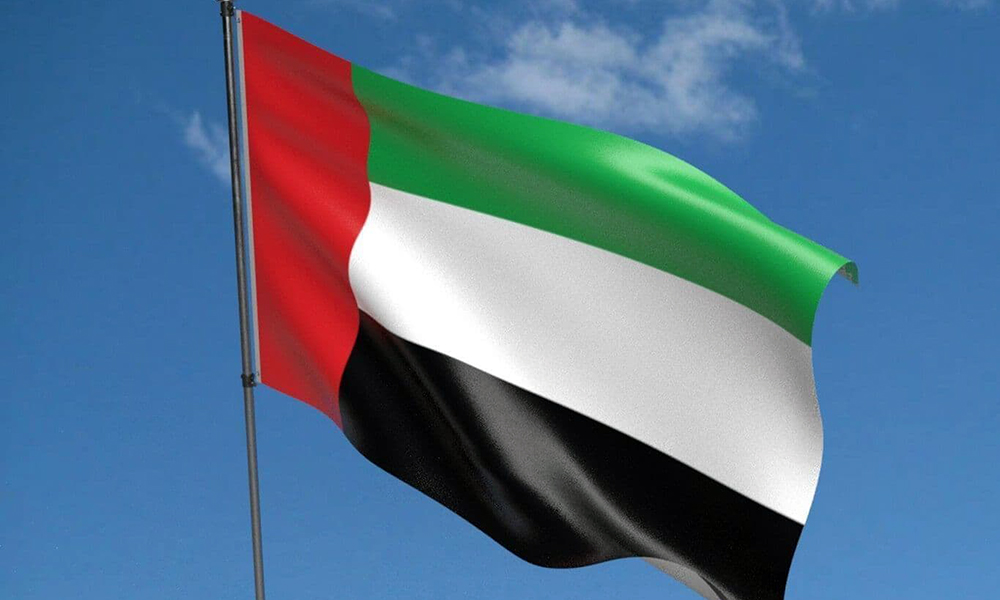Copyright yourstory

In a small classroom in Bengaluru, five teenagers huddled over a metal frame that whirred, blinked, and came to life. For months, they had poured after-school hours into turning bits of scrap, sensors, and code into something extraordinary, a robot designed to restore ecological balance. Next week, their creation will travel nearly 10,000 miles to Panama City, where the team will represent India at the FIRST Global Challenge 2025, a competition often called the Robotics Olympics. The theme this year, “Eco Equilibrium,” calls on young innovators to build robots that address real-world environmental challenges. Five students from government schools in Karnataka have been selected to represent the country at the FIRST Global Challenge 2025, an international robotics competition often described as the Robotics Olympics. The event will be held in Panama City from October 29 to November 1, 2025. The five-member team, Ningaraj (16), Parashuram (17), Arjun (17), Gouresh (15), and Chandan (14), spent months fine-tuning their design with support from mentors at The Innovation Story and the Amazon Future Engineer (AFE) Makerspace Lab. Each played a distinct role: from mechanical design and coding to problem-solving and electronics. The students unveiled their robot at a flag-off ceremony in Bengaluru, where they demonstrated the culmination of months of design, testing, and programming under this year’s theme, “Eco Equilibrium.” Their robot is designed to address real-world environmental issues such as habitat restoration and biodiversity conservation. The initiative was led by the STEM Education Trust, co-founded by Gagan Goyal, General Partner at India Quotient, who aims to make robotics a great equalizer in education. “These kids come from families with limited means but limitless dreams,” Goyal said. “We want to show that innovation can emerge from any classroom when curiosity is given direction and support.” Their selection underscores a growing movement to democratize STEM learning in India’s public education system. Through Atal Tinkering Labs and AFE Makerspace Labs, the STEM Education Trust has mentored hundreds of students across India, equipping them with practical skills in design thinking, robotics, and coding. Each year, the best-performing teams are fully sponsored to compete on the global stage. Goyal envisions expanding this model with STEM hubs, alumni networks, and innovation pipelines to reach thousands of government school students. “Our goal is to build an ecosystem where every student can imagine, build, and lead—regardless of background,” he said. Adding inspiration to the event was a 2023 Team India alumnus from Goa, who returned as a coach. “It’s four days of nonstop building and fixing under pressure,” he said. “But the real win is the confidence you take home.” (Edited by Affirunisa Kankudti)



